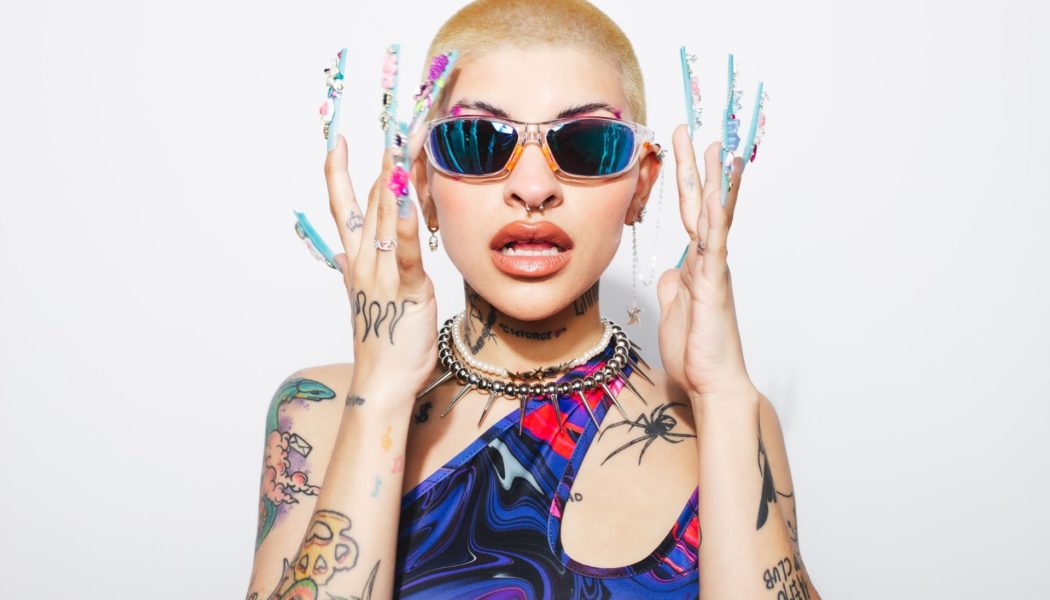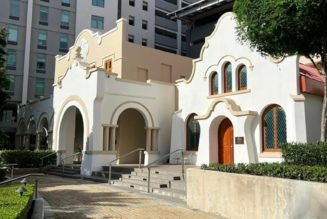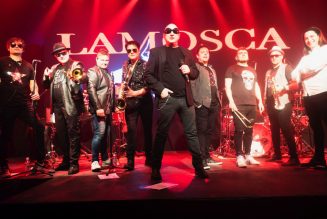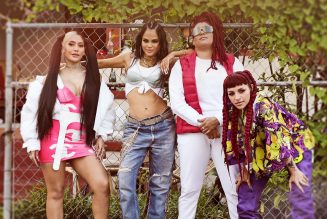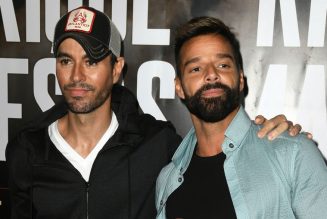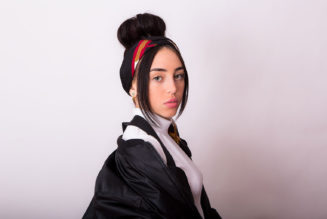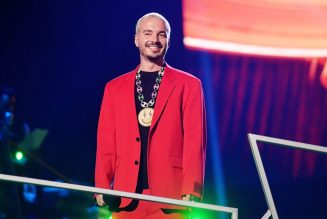
You narrated Amazon Music’s Género 101: Trap Argentino, which beautifully highlights this evolution while showcasing Argentina’s rich musical history. Viewers get a glimpse of the gauchos, who were considered the first freestylers to the vibrant hip-hop scene. How did those histories impact you?
I come from an area in the north of Argentina [called Ledesma], where folklore is very important and present in our lives. It’s an area where all that is still very much alive. I grew up in a very folkloric environment, and I know the roots of my country very well. It’s something that’s been part of my artistic personality. I was also a part of Argentine cumbia for a long time, which allowed me to get to know it very well.
But I made [other] choices, and among them was hip-hop. When I started out, the genre was still underground. I arrived alone in Buenos Aires, I didn’t know anyone. After studying and going to my classes, I took some time to look for events on Google, and I followed all the rappers, whether it was freestyle or some rapper singing.
I went to a lot of places, trying to get to know the stage, to see them live after seeing them in videos. Over time, when I started making music and things began to happen, the rappers from Argentina’s hip-hop scene were the first people to embrace my project. It was the first space that I felt a part of; even though I didn’t do hip-hop 100% — I did a little bit of reggaeton and trap. It was kind of them to take me in.
Given your eclectic musical background, and as a prominent figure of the Argentinian trap movement, how was it narrating this episode?
When they chose me as the representative of Género 101 [episode 2], it was like, “Wow, what an honor.” But at the same time, my story is a very different one from the rest of my colleagues because I come from a much more distant place [than Buenos Aires]. My story, you could say, is that I am older than many of them, and I have a career that has gone through various genres.
There are many of us who represent trap [purely], and I have my roots in a very different place from the rest. We had to tell their story a bit while we told mine. It was a big challenge to tell it all at the same time, not to make it 100% personal, but I think it turned out really cool.

